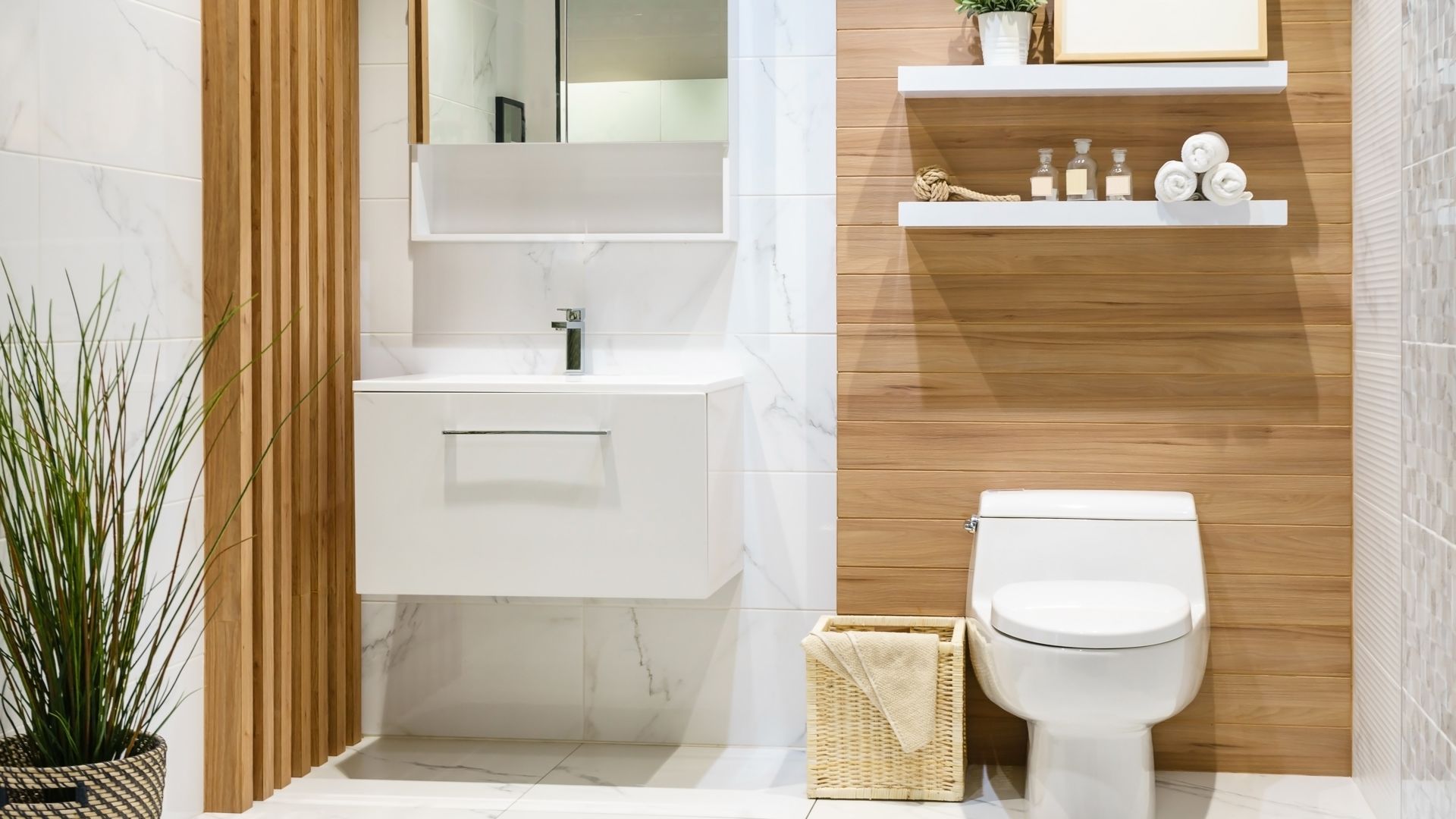As homeowners, we often take our sump pumps for granted, until they fail and leave us with a flooded basement. A failing sump pump can lead to costly water damage and mold growth, but fortunately, there are signs to watch out for that can help you prevent such disasters.
In this blog post, we will discuss the top five warning signs of a failing sump pump and provide you with actionable tips to address these issues.
1. Strange Noises
If your sump pump starts making unusual noises, such as grinding, rattling, or squealing, it could be a sign of impending failure. These noises often indicate that the motor or impeller is damaged or clogged. To troubleshoot, first, ensure that the pump is properly plugged in and that the circuit breaker hasn't tripped. If the noise persists, it's best to call a professional plumber to inspect and repair the pump.
2. Frequent Cycling
A sump pump that frequently turns on and off, known as rapid cycling, is another sign of trouble. This can be caused by a malfunctioning float switch, which regulates the water level in the sump pit. Excessive cycling not only puts a strain on the pump but also indicates that it may not be effectively removing water from your basement. Consider contacting a professional plumber to diagnose the issue and ensure your sump pump is functioning optimally.
3. Visible Rust or Corrosion
Inspect your sump pump regularly for signs of rust or corrosion. These can indicate water leakage or excessive moisture, which can compromise the pump's performance. Rusty or corroded parts should be replaced promptly to prevent further damage. Remember, a well-maintained sump pump is your first line of defense against basement flooding.
4. Excessive Vibrations
If your sump pump vibrates excessively during operation, it may be a sign of misalignment or loose components. Vibrations can cause the pump to move around, leading to disconnected or damaged pipes. Check the pump's mounting and ensure it is securely fastened. If the vibrations persist, it's essential to have a professional plumber inspect and repair the pump to prevent potential water damage.
5. Age of the Sump Pump
Lastly, consider the age of your sump pump. On average, a sump pump lasts between 7 to 10 years. If your pump is nearing or has exceeded this lifespan, it's time to consider a replacement. Older pumps are more prone to failure and may not effectively protect your basement from flooding. Investing in a new, energy-efficient sump pump can provide you with peace of mind and safeguard your home.
Don't wait for a flooded basement to realize that your sump pump is failing. By paying attention to these warning signs, you can address any issues promptly and prevent water damage. Remember, regular maintenance and professional inspections are crucial to ensure the optimal performance of your sump pump.
At A&J Plumbing & Sewer Service, we understand the importance of a reliable sump pump. Our team of experienced plumbers is here to help you with all your sump pump needs.
Contact us today for expert advice, maintenance, or sump pump installation services.
